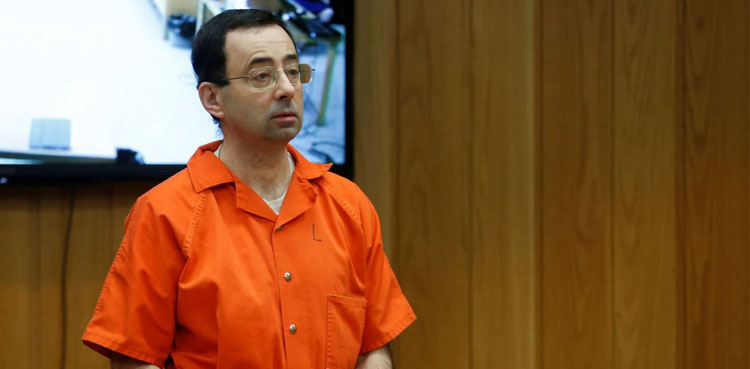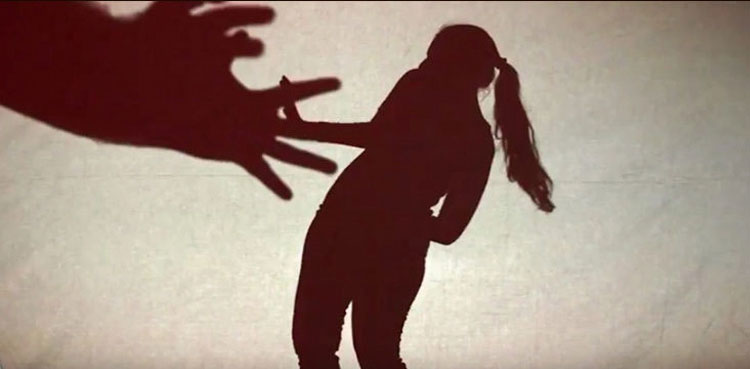In the hallowed halls of Islamia University Bhawalpur (IUB), a scandal of unimaginable magnitude of blackmail, drug peddling and sexual harassment has come to light, shaking the very foundations of trust within academia.
A staggering 5500 allegedly unearthed videos have exposed a nightmare of exploitation, with female students falling victim to the most heinous forms of abuse. Shockingly, even the Chief Security Officer is allegedly embroiled in this scandal, demanding a thorough investigation into the web of corruption and depravity.
The caretaker chief minister’s order for a judicial commission and anti-harassment cells in every university headed by female professors are commendable. As we grapple with the gravity of this situation, it is crucial to respond both swiftly and thoughtfully. We must learn from past examples across the globe to ensure justice, transparency, and a safe educational environment.
It may come as a shock, but similar incidents have taken place in first world as well. Larry Nassar, a former physician at Michigan State University, was convicted of sexually abusing hundreds of female athletes under the guise of medical treatment. The scandal came to light in 2016, and Nassar was sentenced to a 60 year prison term.

The victims were awarded $380 million collectively. The university faced criticism for its handling of the complaints and took steps to improve its reporting and accountability procedures.
Pakistan must act on it’s comprehensive legislation to protect students from sexual harassment and exploitation. The amendment to the Pakistan Penal Code (PPC) Section 354 in 2013, which criminalizes recording sexual videos, should be applied stringently. Moreover, the Federal Investigation Agency (FIA) must actively investigate under Section 21(d) of the Prevention of Electronic Crimes Act (PECA) 2016. Perpetrators who induce others to engage in sexually explicit acts through information systems to harm, blackmail, or create hatred should face the full force of the law.
Taking cues from the University of Cambridge’s Geraldine Van Bueren case, where Van Bueren, a human rights law professor, was accused of sexually harassing students and colleagues at the University of Cambridge. The university launched an investigation in 2018, and Van Bueren resigned from her position. Internal investigations can ensure transparency and accountability.
However, given the alleged involvement of the Chief Security Officer, independent oversight by NGOs is vital to ensure the integrity of the investigations. Access to surveillance footage must be granted to independent NGOs, who can double-check the records for any discrepancies and maintain unbiased scrutiny.

In this distressing time, giving victims the option to come forward in anonymity is paramount. We must protect their identities and encourage more survivors to speak out without fear of retribution. This approach can empower survivors to share their experiences and help build a robust case against the perpetrators. We must heed the lessons learned from the #MeToo movement and create an environment where victims are emboldened to break their silence.
In 2016, the University of the Witwatersrand faced allegations of sexual harassment and misconduct by several academic staff members. Following the example of the University of the Witwatersrand, Pakistani universities should establish a network of counsellors and support services to aid victims in their journey towards healing and recovery. Awareness campaigns on sexual harassment and abuse prevention, in collaboration with NGOs and experts, are crucial to foster a culture of respect and empathy.
Giving such examples, I must implore that they do not hold a candle to the sheer magnitude of the IUB scandal.
This incident also sheds light on a disturbing trend where universities try to hide and defend their faculty at all costs. Prioritizing the reputation of the institution over the well-being of students is a shameful betrayal of their duty. Universities must embrace a zero-tolerance approach towards sexual harassment and collaborate with authorities to bring faculty harassers to justice. Transparency and accountability should be the guiding principles, not secrecy and defensiveness.
In the pursuit of justice in the IUB scandal, it is imperative that we ensure the dignity and safety of the students who have faced this harrowing ordeal. The government must make sure that our typical culture of further harassing victims during investigations mustn’t follow suit.
Let the words of Justice Shahnawaz Tariq in Fahad Faruqui vs. SZABIST (2019 PCrLJ 806) be our guide where he held ‘any complaint for sexual harassment filed by a student, the burden should lie upon the teacher to clarify his position to refute and nullify the allegations levelled against him, as he was in a dominating, commanding and authoritative position.’
For the rest, let God be our witness.












